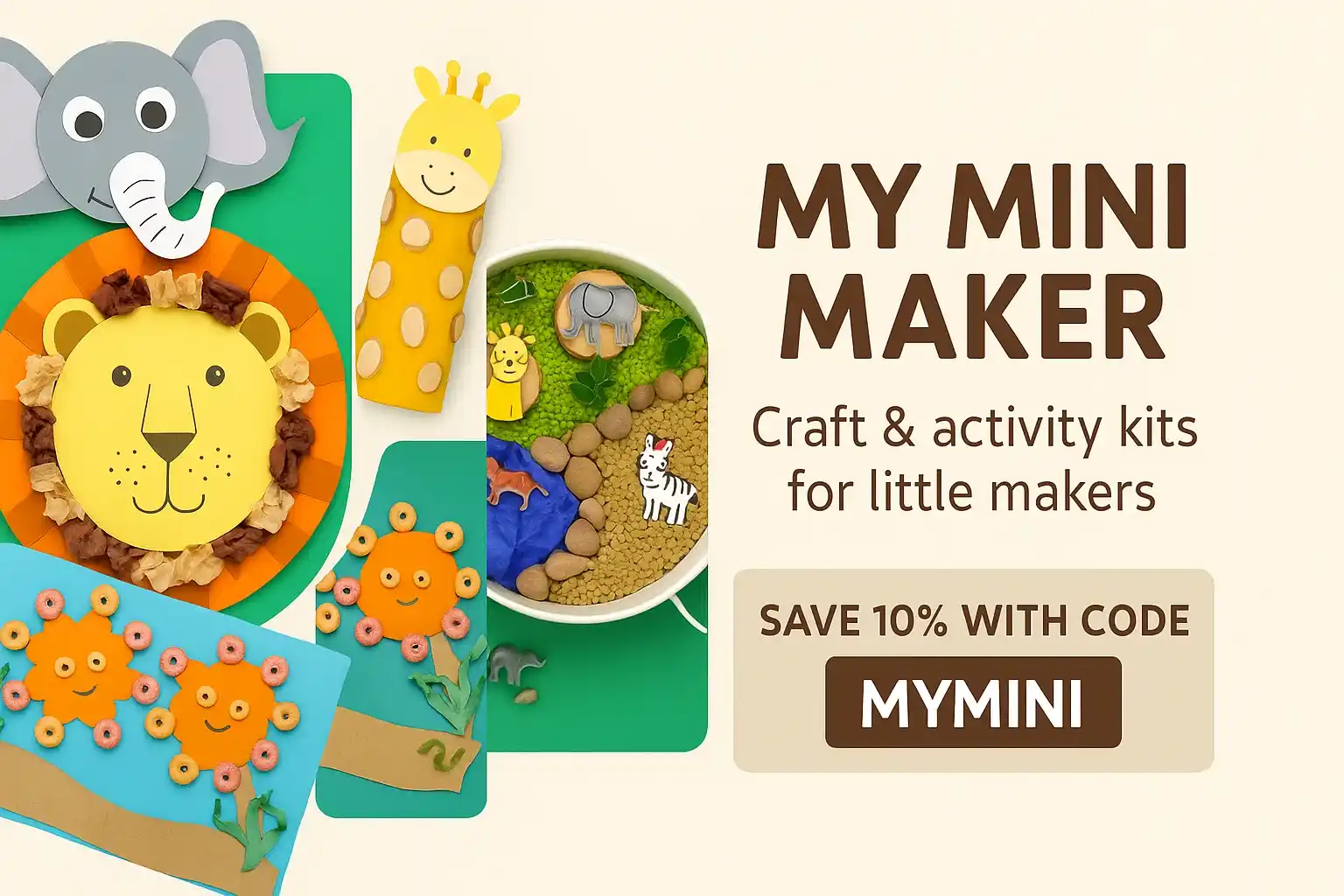Let’s be honest, parenting is one of the hardest jobs there is. There’s no manual, no set of instructions, and most of us spend our years hoping we’re getting more things right than wrong.
But every so often, there’s a moment that stops you in your tracks—a small gesture or behavior from your child that makes you think, “Maybe I am doing okay.”
It’s not always the report cards, the trophies, or the neat bedrooms that tell you you’re on the right track. Sometimes it’s the subtle things: the unprompted acts of kindness, the moments of honesty, or the quiet confidence they carry into the world.
Here are five signs I’ve come to notice over the years that show you’re doing a great job as a parent, especially when your kids do these things without being told.
1) They show empathy toward others
Table of Contents
You can tell a lot about how a child is being raised by how they treat people who can’t do anything for them in return.
When a child shows genuine empathy—comforting a classmate who’s upset, offering to share their snack, or checking in on you when they sense you’ve had a rough day—it’s a clear reflection of what they’ve learned at home.
Empathy isn’t something that can be forced. You can tell kids to “be nice,” but real empathy comes from observing and internalizing. When they see you treating others with patience and understanding, whether it’s the cashier at the grocery store or a neighbor in need, they naturally absorb that behavior.
I’ve seen it firsthand with my grandchildren. One day, my grandson noticed an elderly man struggling to carry his shopping bags to the car. Without a word from me, he jogged over to help. No grand gesture, no expectation of praise, just a quiet act of kindness.
In that moment, I realized something powerful: children reflect the emotional climate of their homes. When they feel safe, understood, and cared for, they extend that same compassion to others.
2) They take responsibility for their actions
If your child can admit when they’ve made a mistake instead of immediately pointing fingers or making excuses, that’s a huge win.
We live in a world where accountability can feel like a disappearing art. So when kids learn early on to own their actions—to say, “I messed up, and I’ll fix it”—it means they’ve been raised in an environment that values honesty and growth over perfection.
I remember my daughter once accidentally broke a neighbor’s garden ornament while playing ball. She was about ten at the time. Before I could even say a word, she ran up to their door, apologized, and offered to use her allowance to help replace it.
It wasn’t the apology itself that made me proud. It was the ownership behind it.
That kind of behavior doesn’t come from fear of punishment; it comes from understanding integrity. When children see their parents admit mistakes—saying things like “I was wrong to yell” or “I forgot, and I’m sorry”—they learn that responsibility isn’t about shame, it’s about strength.
And believe me, when kids start showing this kind of maturity without being told, you know your lessons are landing.
3) They practice gratitude and contentment
Here’s something I’ve noticed both as a parent and now as a grandparent: the happiest kids aren’t the ones who have the most; they’re the ones who appreciate what they already have.
Gratitude isn’t about saying “thank you” because they’ve been told to. It’s about feeling thankful because they truly recognize effort and kindness.
When your kids express gratitude naturally—thanking you for dinner, showing appreciation to a teacher, or acknowledging something nice a sibling did—they’re showing emotional maturity that runs deep.
In a culture where “more” is constantly sold as “better,” teaching kids contentment is no small feat. If they can play with what they have, enjoy simple family moments, and not constantly demand the next new thing, it’s proof that they’re internalizing values that will serve them well for life.
And the funny thing is that gratitude and happiness feed each other. Kids who feel grateful tend to be happier, and happier kids are often kinder and more grounded.
It’s not just about teaching manners—it’s about shaping perspective. When gratitude becomes a natural part of your child’s mindset, you’re doing something truly special as a parent.
4) They help out without expecting a reward
There’s something heartwarming about watching a child pitch in without being asked or without expecting anything in return.
Maybe they start setting the table before dinner. Maybe they see you busy and quietly start tidying up their toys. Maybe they help their younger sibling get ready for school.
These moments might seem small, but they speak volumes about how your parenting has influenced their sense of responsibility and empathy.
When kids help without prompting, it usually means two things: they feel part of the team, and they understand that helping others makes life better for everyone.
Of course, there’s a fine balance here. You don’t want to raise a child who constantly sacrifices their needs to please others, but a willingness to contribute—to see what needs doing and take initiative—is a beautiful indicator of character.
5) They treat others (and themselves) with respect
This one might sound obvious, but it’s often overlooked. True respect isn’t just about saying “please” and “thank you.” It’s about how they treat others and themselves when no one’s watching.
When your child can speak kindly to people, listen without interrupting, and respect differences, it’s a reflection of what they’ve learned at home.
But here’s something parents sometimes forget: kids also need to learn self-respect. That means standing up for themselves, setting boundaries, and understanding that they deserve kindness too.
Respect starts at home. It grows every time you listen to your child’s opinion, apologize when you’re wrong, and show consistency between your words and actions.
When they mirror that behavior—showing respect not out of fear but out of genuine understanding—you can be proud. Because it means you’ve raised someone who values dignity, empathy, and fairness.
Final thoughts
At the end of the day, parenting isn’t about perfection. It’s about planting seeds—patience, empathy, respect, and gratitude—and trusting that they’ll take root in time.
There will be days when you question whether you’re doing enough, or when your child tests every ounce of your patience. But then, out of the blue, they’ll say or do something that makes your heart swell with pride.
They’ll show kindness when no one’s watching. They’ll apologize without prompting. They’ll look out for others, or simply make a good choice on their own.
And in that moment, you’ll know you’re doing a great job.
Because parenting isn’t measured by perfection, it’s measured by progress.
So next time your child shows empathy, responsibility, gratitude, initiative, or respect without you having to say a word, take a deep breath and smile.
You’re not just raising a good kid. You’re raising a good human being.
And that’s something to be incredibly proud of.
The post You know you’re doing a great job as a parent when your kids display these 5 behaviors without being told appeared first on The TheTrendyType.



